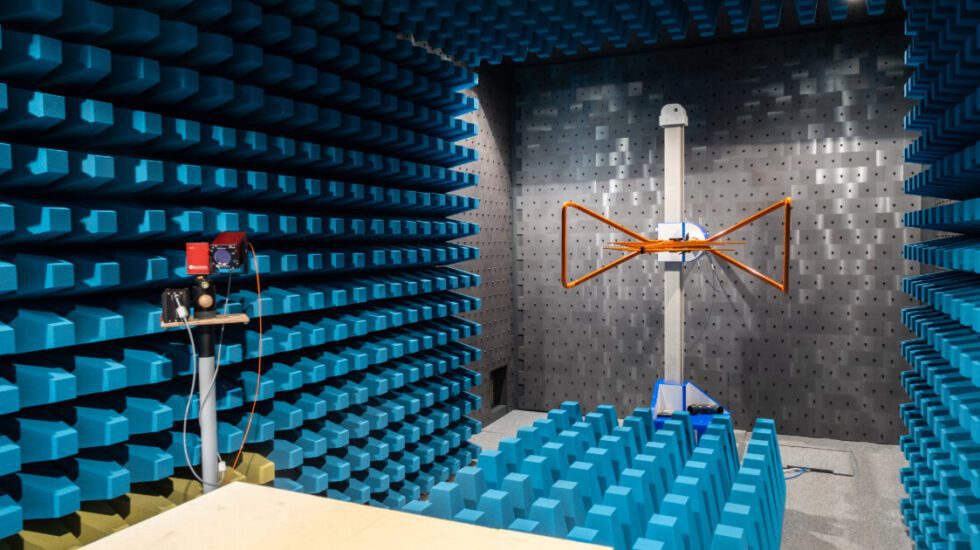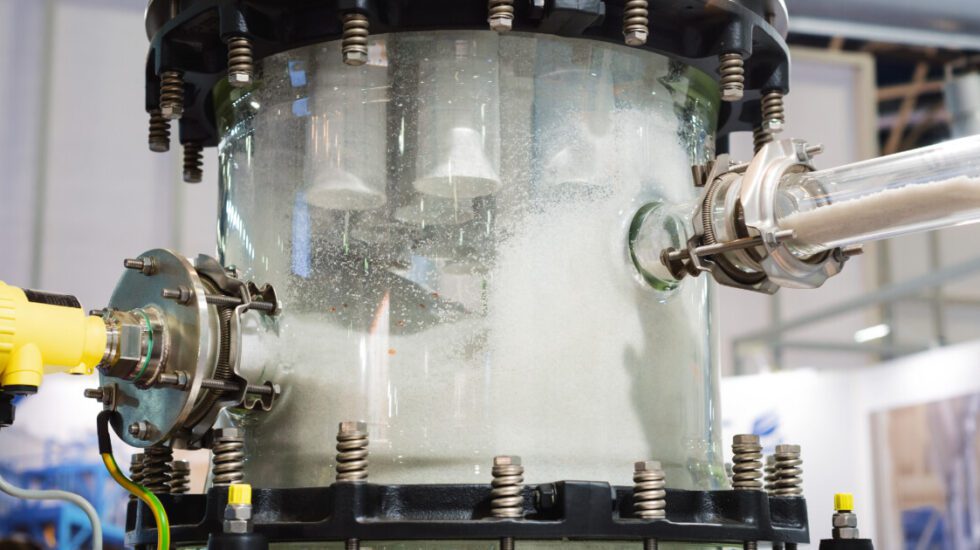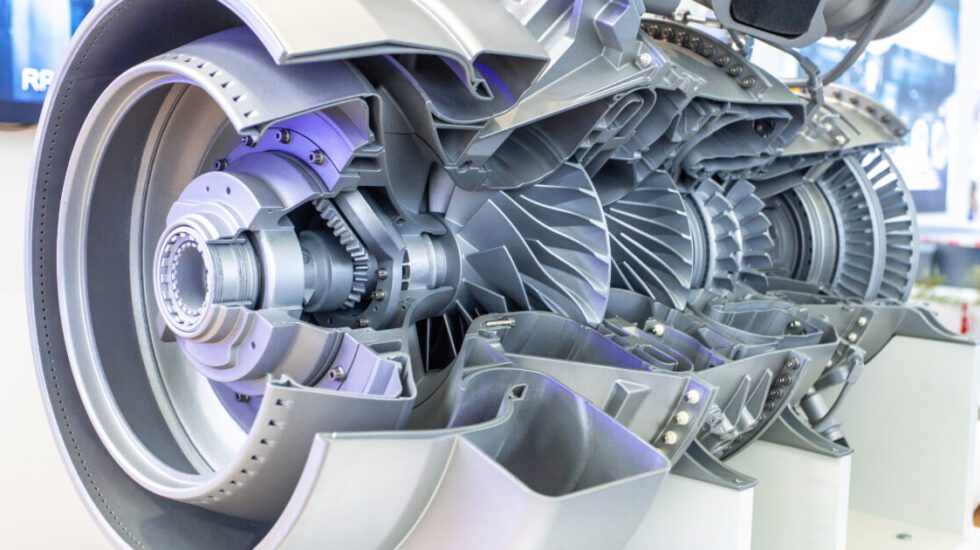Stainless Steel Fabrication
Stainless steel fabrication plays a critical role in industries ranging from construction and automotive to medical devices and food processing. But behind every precisely cut, formed, and assembled component is a series of complex processes that demand continuous innovation. For many Canadian manufacturers, meeting rising performance and quality expectations requires not just technical expertise, but experimentation and problem-solving under conditions of uncertainty. That’s where the Scientific Research and Experimental Development (SR&ED) program comes into play.
If your company is engaged in advanced fabrication processes involving stainless steel and other metals, your R&D efforts may qualify for SR&ED tax credits—particularly when overcoming technical challenges in laser cutting, welding, forming, assembly, and coating.
Where Technological Uncertainty Meets Fabrication Innovation
Manufacturing with stainless steel, aluminum, carbon steel, and other alloys presents a host of unique challenges. When conventional methods fall short, teams are forced to experiment, iterate, and refine their processes. This often helps to create new knowledge in the process. Here are some examples of SR&ED eligible activities where technological uncertainty is a key driver of innovation:
Material Selection and Compatibility
When fabricating stainless steel alongside dissimilar metals, understanding how different materials react under stress, heat, and assembly conditions is critical.
- SR&ED focus: Experimenting with different alloys for improved strength, corrosion resistance, or weldability
- Technological uncertainty: Ensuring material compatibility, especially to prevent galvanic corrosion or weld failure
Laser Cutting Technology
Precision cutting of stainless steel requires dialing in exact parameters to avoid defects and inefficiencies.
- SR&ED focus: Developing laser techniques that reduce waste and improve accuracy across varying thicknesses
- Technological uncertainty: Adapting beam focus and cutting speeds for different materials and minimizing edge distortion
Forming and Bending Processes
Working with stainless and carbon steel sheet or tube metal means dealing with spring-back and geometric distortion.
- SR&ED focus: Researching advanced forming methods to improve formability and reduce rework
- Technological uncertainty: Achieving precise bends without compromising structural integrity
Welding Techniques
Welding stainless steel and mixed materials presents multiple variables, from joint design to heat management.
- SR&ED focus: Developing innovative welding procedures for high-strength, clean welds
- Technological uncertainty: Addressing issues like heat-affected zones, cracking, and strength loss
Assembly Automation
Automating the assembly of complex parts can improve throughput—but only if done right.
- SR&ED focus: Introducing robotics and precision fixturing to enhance consistency
- Technological uncertainty: Ensuring accurate alignment, tolerances, and maintaining integrity in high-volume environments
Painting and Surface Treatment
For many applications, a flawless finish is just as important as structural soundness.
- SR&ED focus: Developing eco-friendly coatings and advanced surface treatments to boost corrosion resistance
- Technological uncertainty: Achieving strong adhesion on stainless surfaces and uniform coating across different geometries
Quality Control and Inspection
Maintaining the highest quality standards often means designing custom inspection tools or procedures.
- SR&ED focus: Implementing real-time NDT and smart inspection systems
- Technological uncertainty: Accurately detecting sub-surface defects and ensuring system reliability
Is Your Fabrication Work SR&ED-Eligible?
If your team is solving complex technical problems in stainless steel fabrication or developing new processes that require testing and experimentation, there’s a good chance those activities qualify for SR&ED tax credits. If you’re advancing laser cutting techniques, improving weld quality, or exploring new materials, the key is to document your uncertainties. This includes your approach to resolving them, and the knowledge gained along the way.
Looking to assess your SR&ED eligibility?
Reach out to our team at Ayming Canada. We specialize in helping manufacturers like you navigate the SR&ED program and maximize your return.
Contact us today!
One of our experts will be in touch shortly.














No Comments